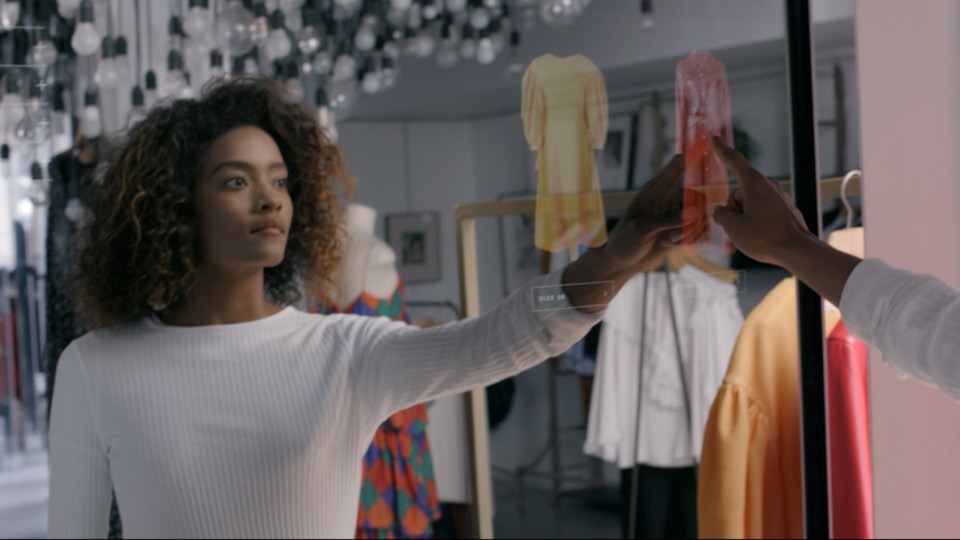What Does the Future Have in Store for Farfetch?

Farfetch's future hung in the balance as bankruptcy loomed but was saved at the last second by Korean e-commerce behemoth, Coupang. Coupang purchased the British luxury e-retailer and pumped $500 million into the company, essentially pulling it from the brink. This unexpected takeover not only allows Farfetch to exhale with relief but also instills a certain level of promise for the future. However, with questions about its future direction and recovery plans still arising, and the larger impact of the purchase on an e-commerce industry currently in decline, the situation remains far from certain.
The acquisition of Farfetch by Coupang could symbolize the beginning of a series of similar actions in a market that is on route to self-reconfiguration. Based on recent hearsay, British retail company, Frasers, may be in talks to acquire luxury online retailer, Matchesfashion. Concurrently, Swiss luxury corporation, Richemont, after having signed an agreement to sell its luxury e-retail websites under the Yoox-Net-A-Porter (YNAP) brand to Farfetch in August 2022, declared its intent to backtrack on the deal immediately after the announcement of Farfetch's acquisition.
According to a press statement from Richemont, the company has "no financial obligations to Farfetch and does not project to either lend or invest in Farfetch. Richemont's brand will continue to operate individually, having not adopted the Farfetch Platform Solutions (FPS) system, nor established e-concessions on the Farfetch marketplace." The deal had initially anticipated that Farfetch would emerge as the leading e-commerce technology platform for Richemont's labels. However, Richemont mentioned it will explore different alternatives to actualize its Luxury New Retail (LNR) idea following the termination of its deal with Farfetch, indicating to its omni-channel distribution approach.
The outlook for YNAP, which Richemont had acquired in 2016 but whose performance has consistently underperformed, does not appear bright. The press statement noted that YNAP will persist in utilizing its in-house technology solutions and has not executed the FPS technology. However, it did not offer a definitive plan for YNAP's future, simply asserting that "Richemont will revisit options for YNAP to optimally leverage its strengths and potential under a fresh guidance." Moreover, with the company being a financial liability in recent years, Richemont shows little enthusiasm in investing any further in YNAP, leading analysts to predict a bleak outlook for YNAP, barring the entry of another buyer.
Additionally, Richemont has been silent on its 2020 partnership with Alibaba and Farfetch to augment its online business in China. Kering also has a strong relationship with Farfetch which was solidified back in 2018 when Chanel made an agreement with Farfetch to boost its digital services and create innovative consumer experiences. Despite the upcoming changes, partnerships of the company are not expected to see significant amendments in the short term.
Established by José Neves in 2008, Farfetch's most valuable resource is its digital technology proficiency and its renowned talent of providing labels with e-commerce and customer experience solutions. There are large indications that the company will now shift its focus towards its main business while shedding some less consistent activities. Farfetch supposedly might strip down its investment in the beauty sector, as it did last summer and even sell other less profitable ventures such as the Browns chain or fashion conglomerate, New Guards Group (NGG).
In 2019, Farfetch invested nearly €550 million to acquire NGG, which has quickly become a significant player in the streetwear industry. The Italian firm owns a number of prominent brands and manages production and distribution for Off-White. The acquisition allowed Farfetch to become a brand incubator, but as the streetwear trend started to fade, rumors started to circulate about NGG’s future. The most likely scenario is that NGG, or its labels, will be sold. LVMH, which owns Off-White, could possibly also take over its operations, i.e., the license held by NGG for the label established by Virgil Abloh.




